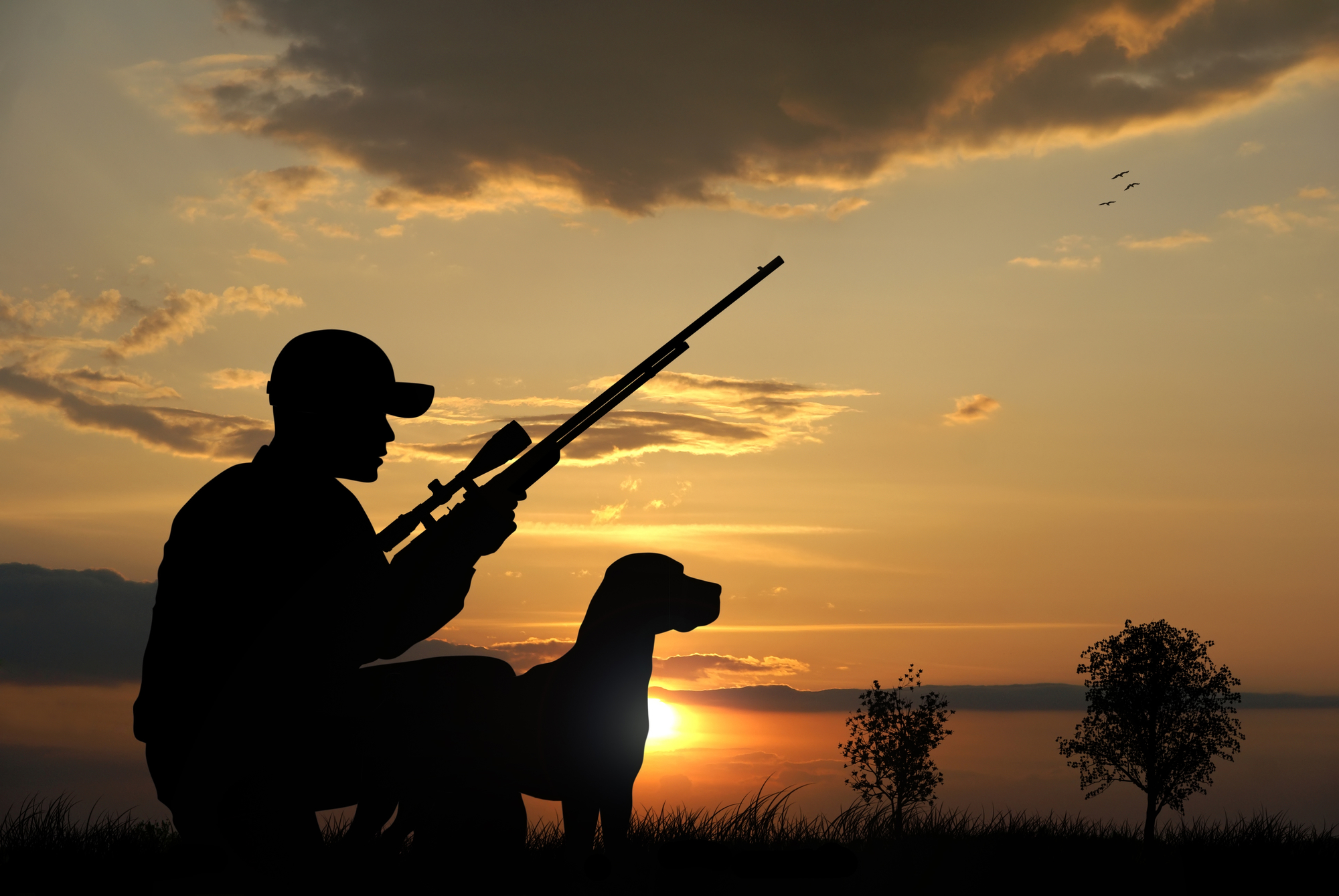When working with patients who need a total shoulder replacement or reverse shoulder replacement, many patients ask if they will be able to hunt following their surgery. Other patients ask about returning to golf or other physically active hobbies. Still others have more questions about their ability to continue in a job that requires physical labor. Not many patients ask us whether they can return to riding a motorcycle, although we have an answer for that as well.
So what activities can you do (and not do) after a shoulder replacement?
When it comes to hunting, we advise patients to proceed with caution following their surgery but that they can still hunt. Certain types of guns can have a pretty decent kick, and the shoulder takes most of that impact. At this point in time, there’s no specific research to measure how that impact affects a replacement shoulder joint over time though. Dr. Nolan hopes to do a future study on the impact of hunting on shoulder replacement to fill that research gap, but for now, we simply don’t know what the impact is.
In the absence of research showing negative impact on shoulder implants, there’s no specific reason to avoid hunting once fully healed from surgery. Dr. Nolan has seen many patients who returned to hunting following their shoulder surgery, and these patients have not developed any implant-related issues over time.
Potential risk doesn’t just come from shotguns, as some handguns still kick and create pressure on the shoulder. Yet some professions, such as police officers, must regularly pass shooting qualifications and meet certain physical standards to continue in their job.
Other jobs that could be impacted by a shoulder replacement include those that require heavy lifting, especially overhead lifting. Some patients with physically demanding jobs choose to take a non-operative treatment approach to manage shoulder pain until they reach retirement age and can pursue replacement. Others who can’t avoid shoulder replacement any longer may need to change positions or request accommodations following surgery.
For golfers, there are no restrictions on returning to regular activity once fully recovered from surgery. However, most patients can expect full recovery to take about six months. There’s no research addressing whether tennis has an impact on replacement shoulder joints. If you played tennis prior to your surgery, you are likely fine to return to playing after recovery. But if you are picking up a new sport after surgery, it’s best to stick with lower impact sports overall that put less stress on your shoulder.
One category of activities we advise against following shoulder replacement surgery is any hobby or activity that could result in falling, such as riding a motorcycle, horseback riding, skiing, or even climbing ladders. Any fall can result in a significant injury, such as dislocating the shoulder, fracturing the area around the implant, or even breaking the implant. Revision surgeries to repair a damaged joint that has already been replaced are harder on the patient than the original surgery, and the outcomes are often not as good as the primary surgery. Thus, we advise people to avoid any activities that could result in a fall or accident that may cause damage to the shoulder.
Ultimately, all joint replacements surgeries are designed to help the individual with activities of daily living, or ADLs. More research is needed to determine how well joint replacements hold up to higher levels of activity over time, but until that research can be completed, remaining active while exercising reasonable caution is the best approach.
By Oklahoma Shoulder Center PLLC
September 15, 2017

Blog Posts

